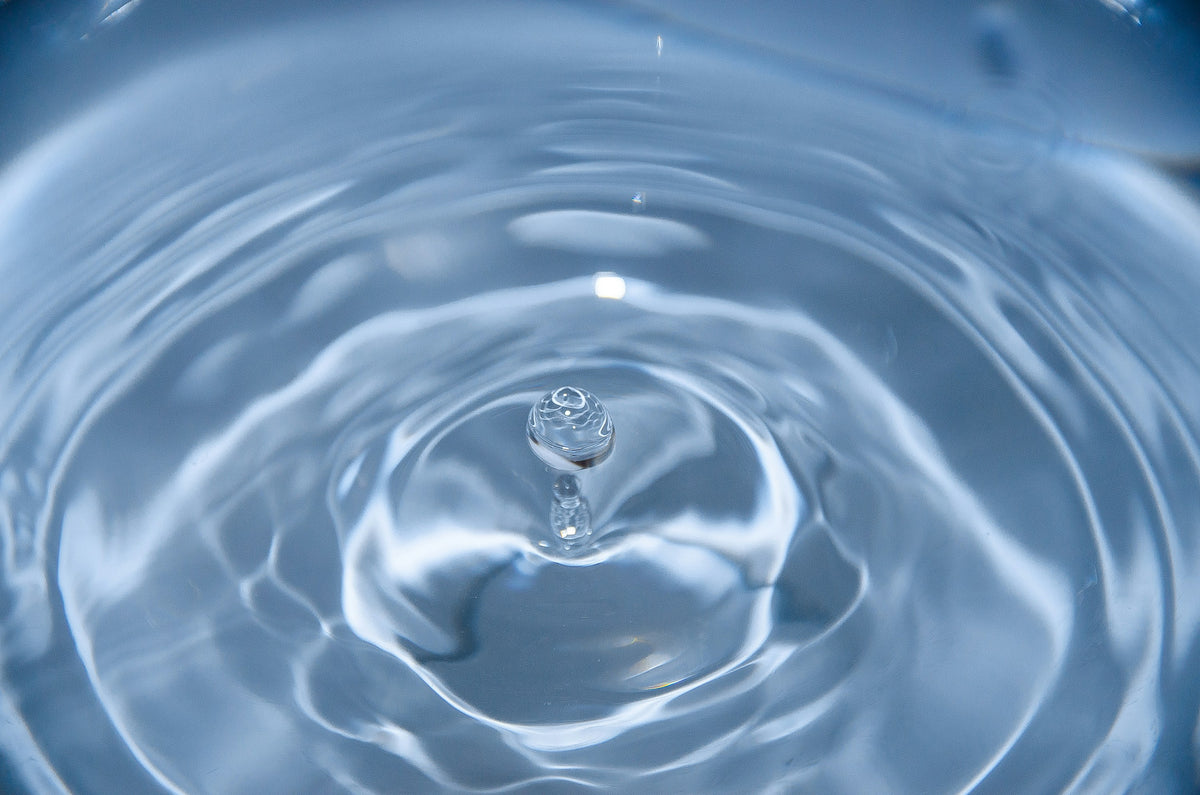
Understanding Heat Transfer: How Your Body Reacts to Cold Water Immersion
Ever wondered why a plunge into cold water feels so much more shocking than stepping into cold air? The secret lies in the science of heat transfer. When you immerse yourself in cold water, your body loses heat at a rate significantly faster than it would in air at the same temperature. This article delves into the mechanics of how heat transfers from your skin to cold water and the factors influencing this rapid process.
The Science of Heat Transfer in Water
- Conduction and Convection: The Double C's of Heat Loss
When your skin comes into contact with cold water, heat transfers away from your body through conduction. Water's high thermal conductivity means it's exceptionally good at absorbing heat from your skin. Additionally, convection plays a pivotal role. As water molecules near your skin warm up, they move away, replaced by cooler ones, creating a continuous cycle of heat loss.
- Evaporation: The Lesser Player
While evaporation is a significant heat loss method in air, its role diminishes in water immersion. However, any body part exposed to air can still lose heat through the evaporation of moisture on the skin.
Factors Affecting Heat Loss in Water
- Water Temperature: The colder the water, the greater the temperature difference between your body and the environment, accelerating heat transfer.
- Water Movement: Turbulent or flowing water enhances heat loss through increased convective activity, continually sweeping away warmed water from your skin.
- Body Composition: Individuals with higher body fat percentages experience slower heat loss due to fat's insulating properties.
- Acclimatization: Regular exposure to cold water can lead to physiological changes, reducing heat loss rate and improving cold tolerance.
The Risks of Cold Water Immersion
Rapid heat loss in cold water can lead to hypothermia, a condition where the body's core temperature drops to dangerously low levels. The onset of hypothermia can occur quickly, making it crucial to understand and respect the body's response to cold water exposure, whether you're swimming, participating in water sports, or involved in rescue operations.
Understanding how your body loses heat in cold water is not just a fascinating dive into thermal physics but also a critical component of water safety. By recognizing the factors that influence heat transfer, individuals can better prepare for and respond to cold water exposure, ensuring enjoyable and safe experiences.
Remember: Always respect the water and your body's limits, and be prepared for the rapid changes that come with cold water immersion. Stay safe and informed, and enjoy the invigorating experience that cold water has to offer!










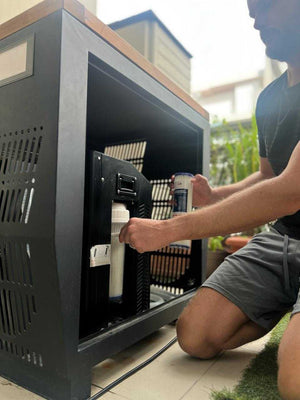
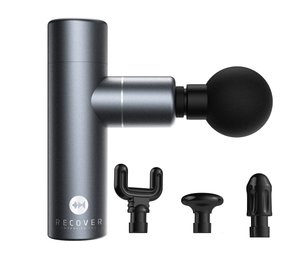
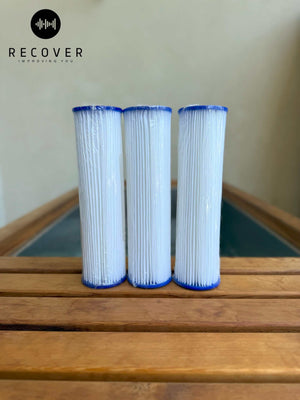



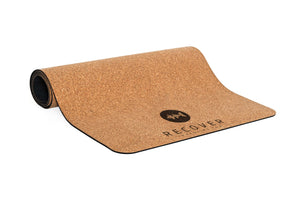
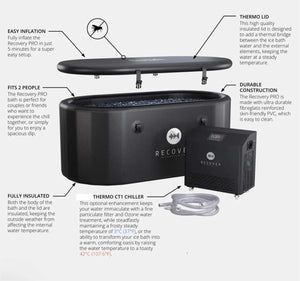
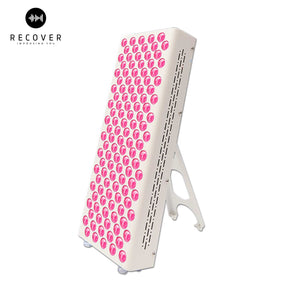



Leave a comment
This site is protected by hCaptcha and the hCaptcha Privacy Policy and Terms of Service apply.